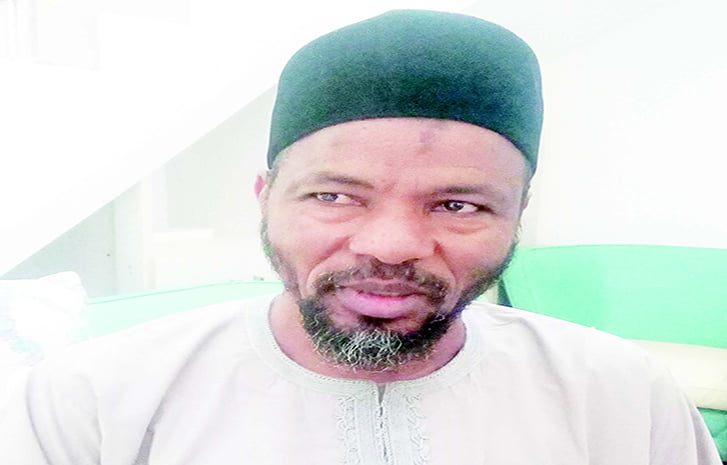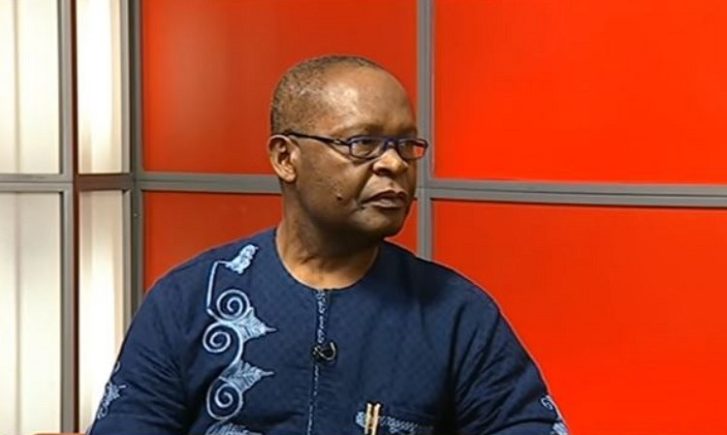
Dahiru Yusuf Yabo
Dr. Joe Igbokwe, in his recent statement, submitted that “Northerners understand politics very well. They know PBAT very well. They know that he is not a pushover. They know that it is difficult if not impossible to deny him a second term. You can see how they are standing behind him now. Politics is deep.” While this assertion may resonate with surface-level observers, it ignores the subtle undercurrents and historical complexities of Northern political behavior and strategic calculus.
As someone deeply rooted in the political consciousness of the North, I must respectfully disagree with this premature and somewhat reductionist reading of Arewa’s posture towards 2027.
First, it is true that Northerners understand politics—not in the noisy, flamboyant fashion often seen in the South, but in quiet, calculated movements. Arewa politics is like the desert wind: invisible but powerful, gradual but inevitable.
The North knows how to wait, how to endure, and above all, how to strike with precision when the time is right. Their political decisions are rarely driven by transient emotional attachments or external pressures. Instead, they are shaped by generational vision, internal consensus, and strategic interest. It is within this frame that the 2027 project must be viewed.
The current perception of Northern support for President Bola Ahmed Tinubu is not unqualified endorsement. It is a calculated engagement. Northerners, pragmatic as they are, recognize the constitutional and political reality of a sitting president.
They are also acutely aware of the risks in prematurely confronting power. What Dr. Igbokwe interprets as unshakable support is in truth measured tolerance, watchful alignment, and reserved judgment.
To imagine that this signals guaranteed re-election support in 2027 is to misread the Arewa temperament. The North supported President Buhari not merely because he was from the region, but because he represented an ideological embodiment of discipline, religious conservatism, and a perceived moral compass.
President Tinubu, while widely respected as a political tactician, does not carry such sentimental weight in the North. His relationship with Arewa remains transactional, not transformational. He is yet to cross into the cultural and emotional consciousness of the North in a way that births loyalty beyond politics.
Moreover, there is growing concern in Northern Nigeria about rising insecurity, economic disenfranchisement, and deepening poverty. The political class in the North may extend public courtesies to PBAT, but the masses—who ultimately vote—are watching, suffering, and waiting.
Their judgment will not be shaped by political analysts or Abuja dinner tables. It will be shaped by rice prices, banditry, unemployment, and perceived fairness in federal appointments. The truth is that Arewa is restless, not enthusiastic.

One must also caution that the President’s perceived detachment from the North’s internal realities could become his Achilles’ heel. Unfortunately, PBAT has so far behaved as if he neither knows the North nor the deeper, more organized structure of Arewa.
His aloof approach to strategic integration of Northern sentiments into his government and policies suggests a misreading of Nigeria’s delicate power equilibrium. This is not about giving a few Northern elites ministerial appointments; it is about understanding the heartbeat of a people who have historically defined the soul of Nigerian politics.
If President Tinubu continues to be driven by an elusive Southern-centric pulse—believing that incumbency, state machinery, and elite consensus are sufficient to secure a second term—then he is clearly detained in a dangerous illusion. Nigerian history is littered with powerful incumbents who misread the room and hit the rock when the real owners of the vote turned against them.
Arewa does not shout; it calculates. Arewa does not announce its next move; it aligns its interests quietly and decisively. And when it moves, it rarely misses.
It is therefore premature and politically risky for anyone—no matter how loyal—to assert that the North has sealed its fate with PBAT in 2027. The North is neither bound by fear nor sentiment. It is bound by interest. If President Tinubu continues to overlook this fundamental truth, then the illusion of support may transform into political solitude.
Indeed, politics is deep—but not in the way Dr. Igbokwe sees it. It is deep because it requires cultural intelligence, regional sensitivity, and perceptive engagement with the silent majority. Without these, no incumbent—no matter how strategic or tough—is guaranteed a second term. Not even PBAT.
Dahiru Yusuf Yabo is a former Commissioner, Public Affairs Analyst, and Political Strategist.
He writes from Sokoto, Nigeria
